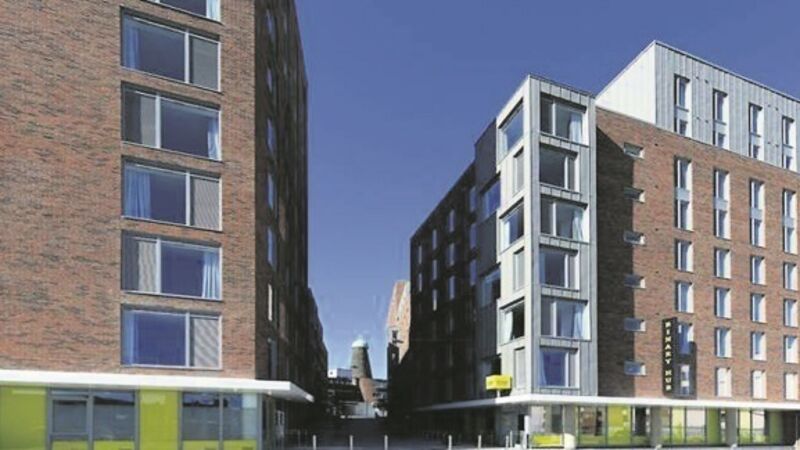Student accommodation: Cities face learning curve on rising numbers in third-level education

There are 650 extra beds available at Maynooth University and University College Dublin for students this autumn. A further 3,000 spaces are planned at the five other universities and Dublin Institute of Technology by 2020, according to the Department of Education.
However, there is already an under-supply of 25,000 purpose-built student accommodation spaces.










